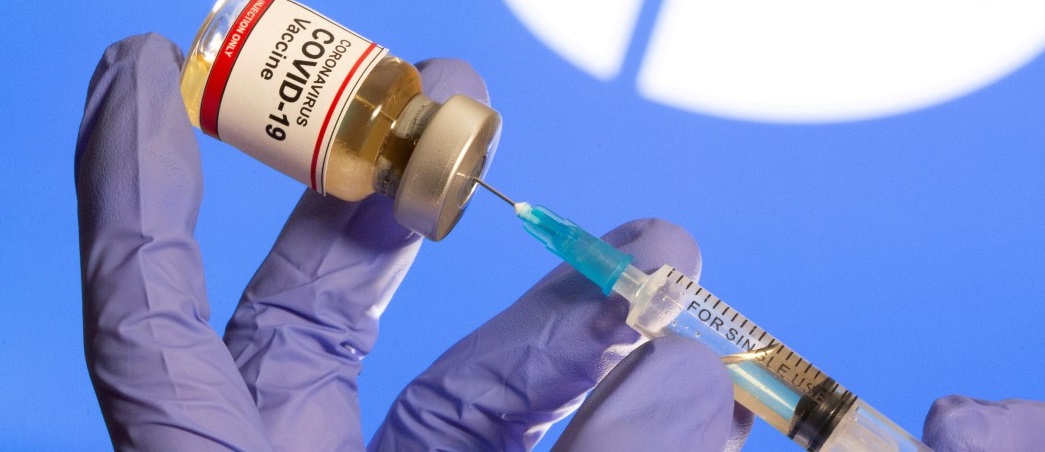
New data collected from a survey of nearly 1100 people found that, as at May, 67 percent of respondents would "definitely" get the vaccine – up six percent from two months earlier.
The research, overseen by Massey University communications lecturer Dr Jagadish Thaker, also found 16 percent were unsure but leaning toward receiving it.
The data also showed that slightly fewer people answered "unsure, but leaning toward no" in May (10 percent) than March (12 percent) – a change that reflected more people being still unsure but now leaning toward "yes".
The proportion of people who said they definitely wouldn't get the vaccine remained steady at around one in 10.
An analysis of differences across ethnicities found 68 percent of Pakeha "definitely" wanted to be vaccinated, up four percent on March's figures, as did 54 percent of Māori (up 10 percent) and 72 percent of Asians (up 13 percent).
There was also an increase in general willingness across gender – rising to 71 percent of men and 62 percent of women, up from 66 percent and 55 percent respectively – as well as across people with all measured levels of education.
The overall trend was in line with the Ministry of Health's own research, which had found the potential uptake had increased from 69 percent in March to 80 percent in May.
But the research also carried some concerning insights.
Fewer than a third (27 percent) had either "often" or "very often" heard or read the Government's Covid-19 vaccination communication campaign on radio, in newspapers or on social media – and just four in 10 had come across it often on TV.
That could indicate a missed opportunity, given the data also found that nearly a third of people who were hesitant or sceptical – up from 18 percent in March - said more information from the Government could help them change their minds.
Thaker pointed to a video by Maori health advocate Dr Rawiri Jansen, posted on the Ministry of Health's Facebook page, correcting misinformation.
Among those people who wanted more information from the Government, watching this video was shown to steer some more toward getting the vaccine.
"The more we can show these people these videos, especially among the hesitant, the more likely it'll be that they change their intentions."
Modelling by Te Pūnaha Matatini researchers has indicated that 83 percent of Kiwis would need to be vaccinated against less transmissible virus strains, like the original wild type, for measures such as lockdowns and 14-day quarantine to be no longer needed.
And as much as 97 percent of the population would need both Pfizer shots to abandon such measures, the modelling suggested, if the country was hit by a wave of a strain as transmissible as the delta variant.
However, University of Auckland vaccinologist Associate Professor Helen Petousis-Harris said there was still no "magic number" of uptake to achieve population immunity, which depended on a range of factors.
"So I think we just need to shoot for the moon."
Nonetheless, Petousis-Harris was encouraged by the latest survey data, which she said reflected a growing trust in vaccine safety, and people seeing others receive the shot with few issues.
"If we have a highly vaccinated population, it will just get easier to contain this virus," Otago University epidemiologist Professor Michael Baker added.
"And then, at a certain point, we'll be able to look at what the evidence is showing, and decide – and this is the big question – what our ultimate strategy is."












